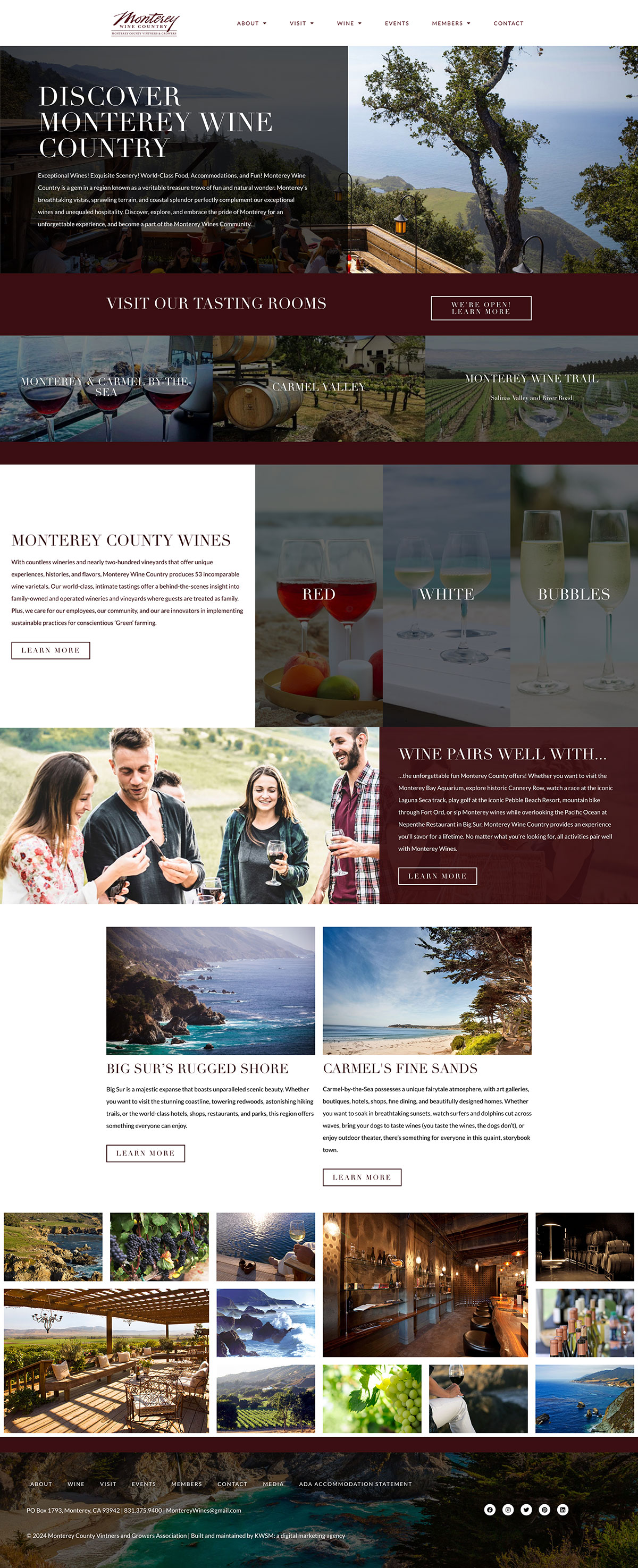
I have a pet peeve. It’s when people tell me that social media doesn’t work. ‘Oh, I tried social,’ they say. ‘It didn’t work for me.’ The implication being that Facebook is fine for everybody else but there’s something about their particular situation that is simply incompatible with social networking.
In most cases, that’s just not true. Social media does work – it can help you create brand awareness, connect with a new audience, even drive traffic to your website. Social media can be a powerful tool for telling your story to those who need to hear it. But here’s the thing. Social media doesn’t just happen. It’s not just something you ‘do’ by signing up for an account.
Social media takes time. It takes strategy. Building a thriving online community around your business is very different than scheduling a few posts to go out while you do other things. But if you make the commitment to do it right, it will pay off.
If social isn’t working for you, there’s probably a reason why:
You’re not being consistent.
Do you post to your social media channels ‘when you have time’ or ‘when you have something good to say?’ Your audience isn’t sitting around, waiting for you to post something great. They’re still using social media daily, even if you aren’t. So while you’re feeling overwhelmed or uninspired, they’re reading someone else’s content.
If you want social media to work for your business, you have to post consistently. In most cases, that means daily – sometimes multiple times a day. Your fans are not all on social media at the same time, so they won’t see every post you put up. You need to post often enough that you stay top of mind with your audience.
You never leave your own channels.
You login, post something, check for any comments, and then move on with your day. You’re active on social media, right? Well, even if you are a prolific poster, you’ve forgotten about the networking part of social networking. This is a conversation, and you can’t expect everybody to like, comment on and share your stuff if you never engage with theirs. No one likes a business that will only talk about themselves.
In order to see results on social media, you need to interact with other people’s content. I think about 40% of your time online should be spent putting out your own content, and 60% should be spent engaging with content that appeals to your target audience. That means you find other Facebook pages (or Twitter accounts, LinkedIn groups etc.) that attract the people you want to talk to, and you become part of the conversation. It’s a great way to build community, and draw traffic back to your own content.
You don’t tell anyone that you’re on social media.
Maybe you have a great Facebook page or Instagram account, but how do you expect anyone to find it? When you take the plunge into social media, you have to let your audience know! (Yes, you will be working on attracting new fans who don’t know you yet, but that will be a whole lot easier if you already have a fan base – start with the low hanging fruit!)
To publicize your social media channels, consider adding the links anywhere you can: your website, email signature, business cards, and e-newsletter. Print the icons on any printed marketing materials, or display them in your office or storefront. Send a message to your customers, asking them to check you out on social media. And don’t forget the power of good old-fashioned verbal communication. When’s the last time you spoke up at a meeting: ‘Hey, let’s connect on LinkedIn!’ Let people know where to find you online, and you’ll be surprised at how many of them will join your community there.
You think of it as marketing for your business.
You’re using social media to market yourself, right? So, naturally, you should post about your products and services, 5-star reviews, pricing information, and you should urge people over and over again to contact you to learn more. Unfortunately, just like in real life, people tire quickly of self-promotional behavior online. If people wanted to read about what they can buy from you, they would visit your website. They come to social media for something different – something real.
I’m not saying that you can’t ever talk about those things on social media. You can, sparingly. But the bulk of your content should focus on letting people get to know your business. Prove your expertise by teaching me something; don’t just tell me what you do for a living. Introduce me to the people in your business – your employees, coworkers, and customers. Let me hear from them about why you’re fabulous, not from you. Often, the less you talk about yourself, the more I’m drawn in to learn more. Stop thinking about ‘marketing’ yourself and help me build an emotional connection with what you do and how you do it.
You started your channels this month.
You’ve been doing social media for two whole weeks, but you don’t have hundreds of fans yet? Don’t stress out. Our egos say ‘get fans quickly!’ but in reality, that’s not usually the way it goes. Sure, you could do something desperate like buy fans – or do a giveaway and just get a bunch of people to randomly join your page. But it will pay off a lot better for your business to summon your patience and wait it out. You want fans that want to follow you. People who care about your content, and may want to do business with you one day. A few of those would be worth more to you that a whole bunch of users who didn’t care about your company.
Social media is a long-term strategy for your business. It’s a tool you use to communicate with your customers and potential customers – not a tactic to gather a bunch of names quickly. Building a strong community around your business takes years, not weeks. So when you set up those channels, you have to know that you are committing to this for the long haul. Set realistic expectations. Once your numbers start to grow, you will see the value of attracting authentic fans that want to hear from you, and engage with your content.
Will a strong social media presence increase your company’s bottom line? Yes, it will. Will it build loyalty among your customer base, improve your customer service and attract potential clients? Absolutely. Will any of those things happen automatically just because you set up the channels and are doing some posting? They will not.
Social media is a specific, learned skill, just like cooking or riding a bike. It comes naturally to some people and presents a challenge for others. You can learn to use these channels to benefit your business, but you have to commit to putting in the time and effort.
Need help?
Our Social Media Bootcamp is coming up in June. Learn Facebook, Twitter, LinkedIn & YouTube in just 30 days, and get unlimited email help forever. I would love to see you there.











